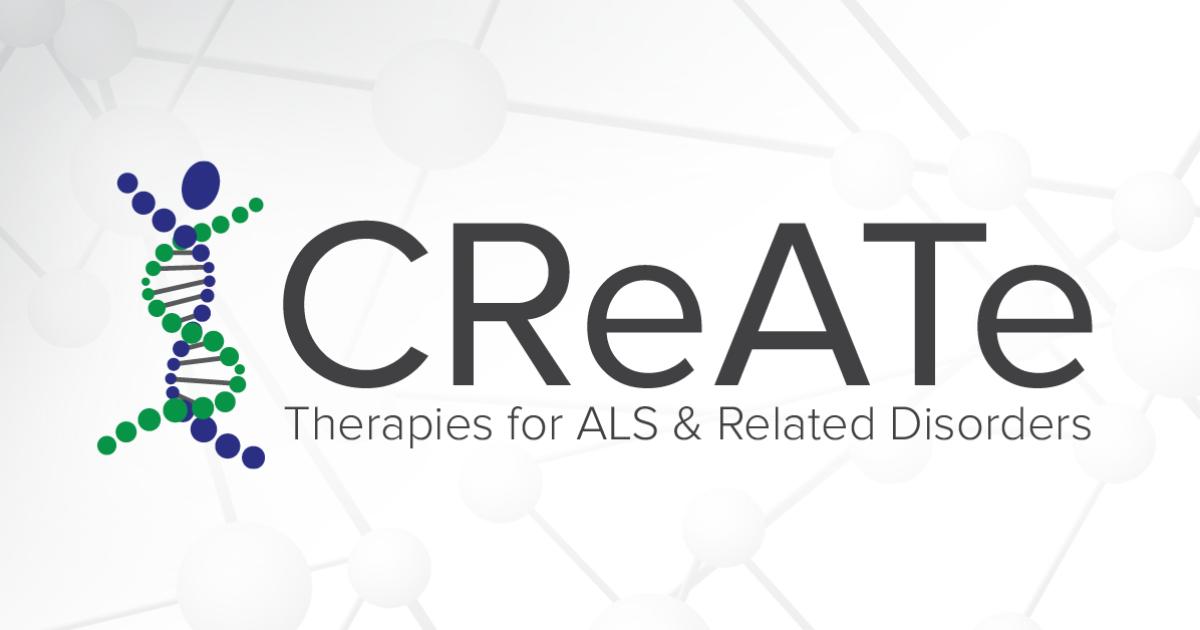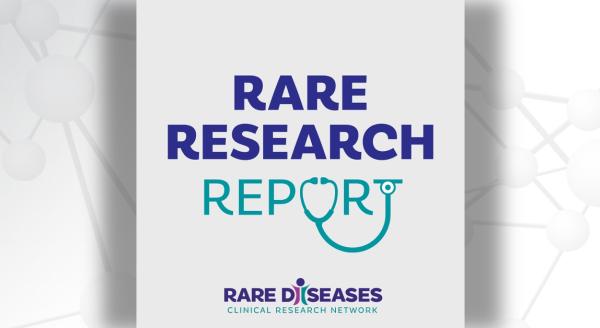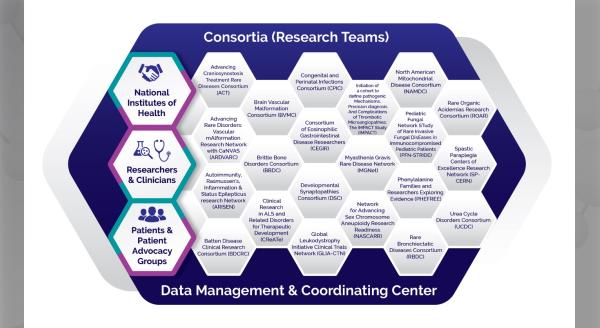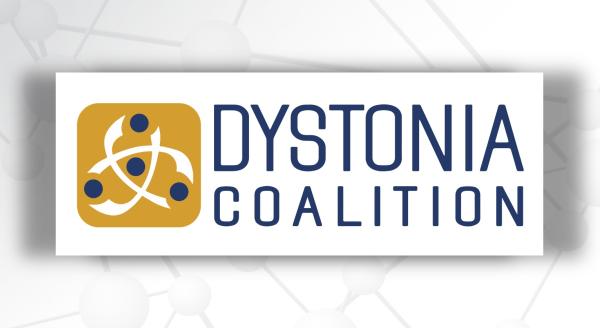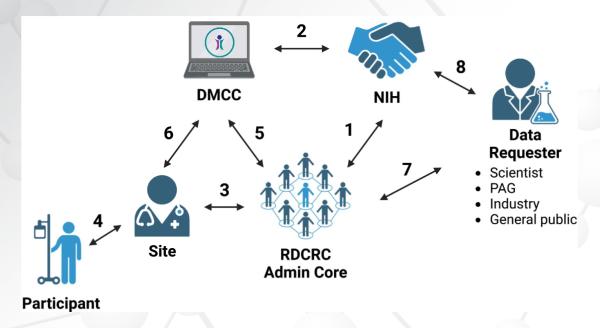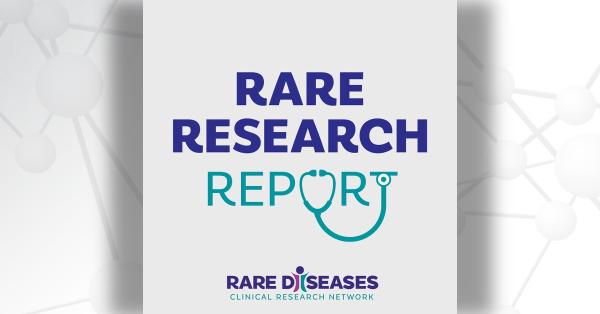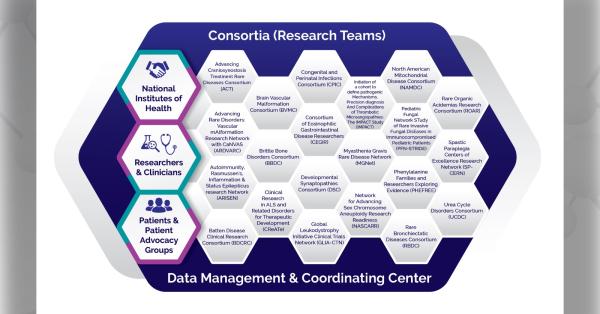Since its inception, the CReATe Consortium has focused attention on the development and validation of biomarkers with the potential to facilitate and enhance the development of new treatments for ALS and related disorders. To this end, CReATe investigators have established a repository of biological samples (blood, urine, cerebrospinal fluid [CSF]) that have been collected longitudinally from patients with ALS and related disorders (e.g. progressive muscular atrophy, primary lateral sclerosis, and hereditary spastic paraplegia).
Through a recently awarded Clinical Trial Readiness grant from the National Institute of Neurological Disorders and Stroke (NINDS), CReATe investigators are now tapping into the invaluable resource that is the CReATe Biorepository in an effort to clinically validate leading biological fluid-based biomarker candidates to determine whether or not they can be used as prognostic, disease progression, and/or pharmacodynamic biomarkers to aid the design and implementation of future clinical trials, especially phase II. This study is being led by Michael Benatar, MD, PhD (University of Miami), Andrea Malaspina, MD, PhD (Barts and The London, United Kingdom), Mary-Louise Rogers, PhD (Flinders University), and Leonard Petrucelli, PhD (Mayo Clinic Jacksonville).
For this study, the biomarker candidates of particular interest to CReATe investigators are the concentrations of neurofilament light (NfL) and phosphorylated neurofilament heavy (pNfH) in both the serum and CSF, and the urinary concentration of p75 neutrotrophin receptor extracellular domain (p75ECD). In addition, among patients who harbor a hexanucleotide repeat expansion in the C9ORF72 gene, the most common genetic cause of ALS, CReATe investigators will study the concentration of the dipeptide repeat protein, poly(GP), in both the CSF and in peripheral blood mononuclear cells (PBMCs).
In designing this study, CReATe investigators recognize that the approach to biomarker development and validation must be predicated upon a clear understanding of the intended use of the biomarker. In this regard, CReATe investigators envision the potential of the aforementioned biochemical measures to serve as prognostic or pharmacodynamic biomarkers. A prognostic biomarker is one that, when measured at baseline, helps to predict the future course of disease, supplementing prognostic information that can be gleaned from readily available clinical measures. Prognostic biomarkers have potential to aid therapy development by reducing, or permitting adjustment for, the natural variability that already exists between patients. This makes it easier to see the real therapeutic effects of investigational drugs in trials that enroll a smaller number of patients.
A pharmacodynamic biomarker is one that shows a change in response to the administration of a therapeutic agent. While pharmacodynamic biomarkers are impossible to fully validate until we have truly effective treatments for ALS, CReATe investigators hope to fully define the natural history of these biomarkers, as well as their variability, so that they are ready to be tested as potential pharmacodynamic biomarkers in upcoming trials. Pharmacodynamic biomarkers can aid phase II clinical trials by providing evidence of drug effect (or not), thereby helping to decide which drugs should advance to testing in phase III.
This study would not have been possible without the willingness and commitment of our patients, as well as the hard work of all the investigators and coordinators at the CReATe clinical sites. We are also immensely grateful to NIH (NCATS and NINDS) for supporting the CReATe Consortium (U54 092091), NINDS for funding the Clinical Trial Readiness Grant (U01 107027), the ALS Association for supporting the CReATe Biorepository (16-TACL-242), and both the Muscular Dystrophy Association and Target ALS for their early support in initiating this important biomarker validation study.

